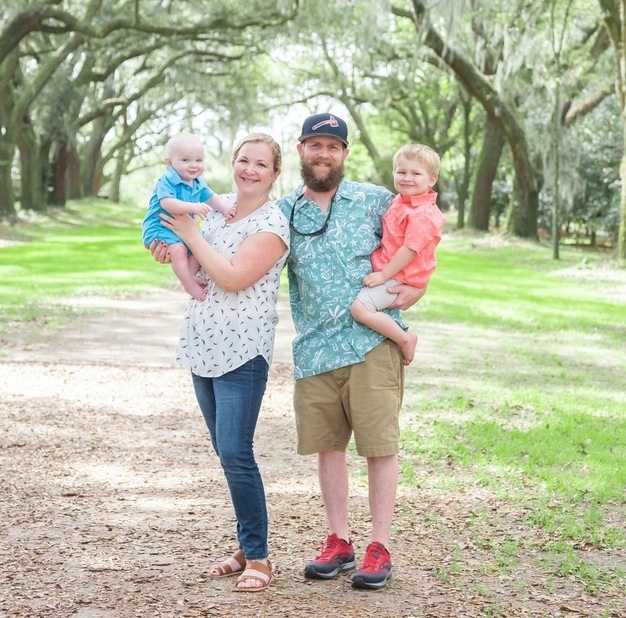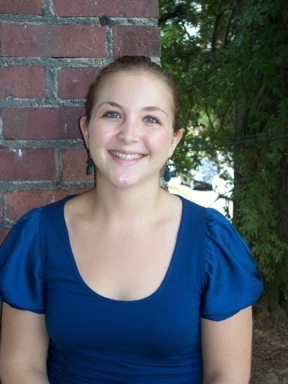Sara Wienke
CAPSTONE
Capstone Project Committee: Amy Hendricks, B.S., Scott Richter, Ph.D. (Statistical Consultant), Randi Stewart, M.S., CGC, Carolyn Wilson-Brackett, M.S., CGC
The purpose of this study was to assess the knowledge base of college students regarding fetal alcohol spectrum disorders (FASD) and to measure how a brief educational presentation may increase that knowledge. This study also aimed to determine if this educational presentation could potentially impact students’ desire to change current behaviors regarding alcohol consumption and pregnancy or the risk of unplanned pregnancy. To accomplish these goals, a class of 64 undergraduate non-biology major college students was given a pre-presentation and post-presentation survey with a brief educational presentation in between. Survey responses were compared using a paired t-test to assess for an overall increase in knowledge. Individual survey questions were compared using McNemar’s chi-squared test to determine if there was a significant change in knowledge for individual questions. Qualitative data was collected on the post-presentation survey to assess the impact that this educational presentation could have on future behaviors. The results demonstrated an increase in knowledge from the pre-presentation to post-presentation survey. Participants’ open-ended responses revealed that the delivery and content of the presentation was helpful and increased their knowledge on FASD. Participants commented that this type of educational presentation would benefit other college students as well. While actual behavior change could not be measured, results demonstrated the potential for future behavior change regarding alcohol consumption and pregnancy among participants.
Since Graduation

After graduation, Sara relocated to Charleston, SC to work at the Medical University of South Carolina, supporting patients with cystic fibrosis and alpha-1 antitrypsin deficiency. From 2014-2018 she worked for various germline genetic testing laboratories trying to find her professional home. During that time she met her husband, Christopher, and they welcomed their first son, Calvin, in the fall of 2017. In 2018, she joined Guardant Health as a Senior Genomic Specialist where she spent 3 years becoming an expert in ctDNA technology and targeted therapy for advanced cancer patients.
Additionally, she welcomed her second son, Conor, in the summer of 2020. While on maternity leave, she finished writing Swan 2020 to share some of her expertise with fellow genetic counselors. She is now thrilled to share the news that she is transitioning to a new role within Guardant Health as a Medical Science Liaison for BioPharma collaborations. She is excited for the opportunity to learn more about drug development and the impact that ctDNA testing can have on improving patient outcomes.
If you asked Sara 10 years ago, she never would have imagined her career would have led her down this path, but it has been quite the culmination of skills and interests and she couldn’t be happier with where she is today both personally and professionally. In their spare time, Sara and her family try to spend as much time outdoors as possible. Hoping to start taking her sons camping this year.
